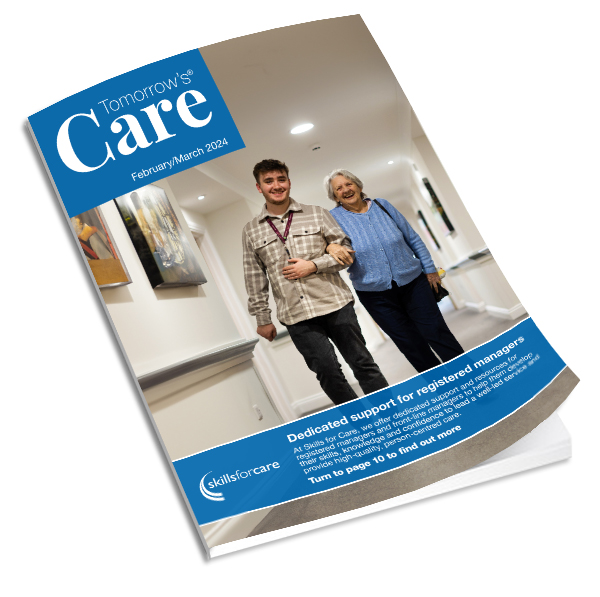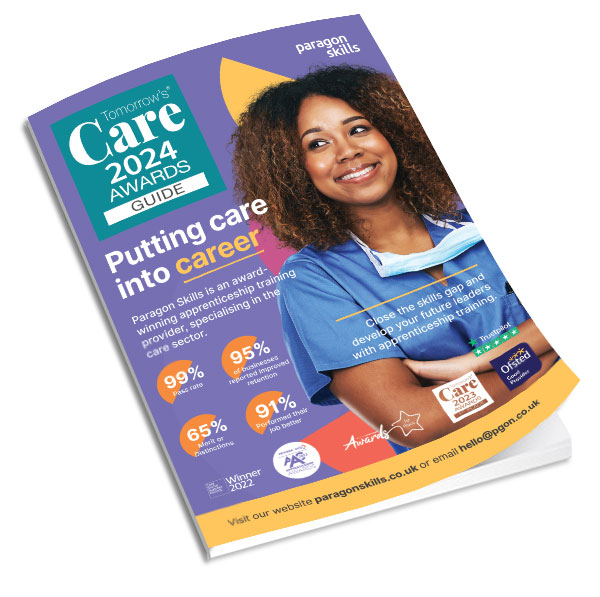- Home
- >
- NHS complaints
NHS receives 480 written complaints per day

The number of reported written complaints made to the NHS reached 174,900 in 2013/14 – the equivalent of 480 per day, a new report reveals.
Data on written complaints in the NHS, published today by the Health and Social Care Information Centre (HSCIC), covers complaints made about NHS hospitals, community health services and family health services (GP and dental practices) in 2013/14.
The new figures show that complaints made against NHS hospitals and community health services in England totalled 114,300 in 2013/14 – a 4.6% rise on 2012/13 (109,300) and the equivalent of an extra 96 complaints each week. The number of reported written complaints about family health services was 60,600.
NHS hospitals and community health services
In terms of service areas, inpatient hospital acute services received the highest number of complaints at 34,400, closely followed by outpatient hospital acute services (31,100) and mental health services (12,200).
The medical profession, which includes hospital doctors and surgeons, was the profession with the highest number of complaints at 52,100 (45.6%). This was followed by nursing, midwifery and health visiting at 24,800 (21.7%).
The subject area with the highest number of complaints was ‘all aspects of clinical care’ at 52,300 (45.6%) followed by ‘attitude of staff’ at 13,300 (11.6 per cent) and ‘communication/ information to patients’ at 11,500 (10.0%).
Family health services
Among family health services, the service area with the highest number of complaints was medical, with 24,400 (40.3%). This was followed by general practice administration at 22,600 (37.4%) and dental at 6,970 (11.5%).
The subject area with the highest number of complaints was ‘clinical’, with 22,200 (36.3%) followed by ‘communications/attitude’ with 13,300 (21.7%) and ‘administration’ with 12,500 (20.4%).
Commenting on the HSCIC’s report, Paul Clark, CEO of complaints and feedback specialist, Charter UK, said: “The continuing upward trend of complaints [to the NHS] suggests that, despite multiple taxpayer funded reviews of the NHS’ complaints processes – such as the Keogh and Francis reviews – there has been very little specific governance or budgeting that will put trusts in a position where they are equipped to learn from past mistakes and enact appropriate fixes.
“One of the advantages of an organisation on the scale of the NHS is that it is possible to pick out trends in the data, highlighting where work is most needed. By delving into the root cause of complaints in this way, they become a useful resource through which healthcare in the UK can proactively self improve. In order to take this approach however, they must be approached with the right attitude and viewed as a path to improvement, rather than simply evidence of poor performance.”
- CQC ratings
- Care home news
- Care jobs
- Care planning
- Care sector awards
- Care sector events
- Care sector news
- Care staff
- Charity
- Cleaning & Hygiene
- Construction
- Dementia
- Disability
- Entertainment
- Finance
- Fitness
- Food & Drink
- Fundraising
- Furniture
- Health & Safety
- Healthcare
- Hospice & Palliative Care
- Hospitals
- Industry Comment
- Interiors
- Laundry
- Legal
- Leisure
- Medication
- Mental Health
- Mobility
- New appointments
- PPE
- Products
- Property
- Recruitment
- Relationships
- Research
- Safeguarding
- Security
- Services
- Social care
- Sustainability
- Technology
- Training
- Transport
- Uniforms
- Waste
- Wearables

















